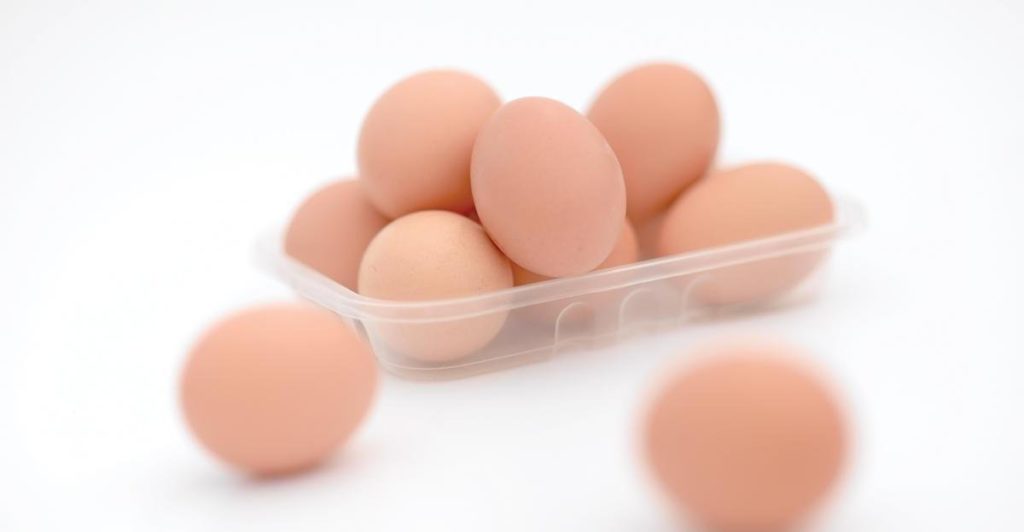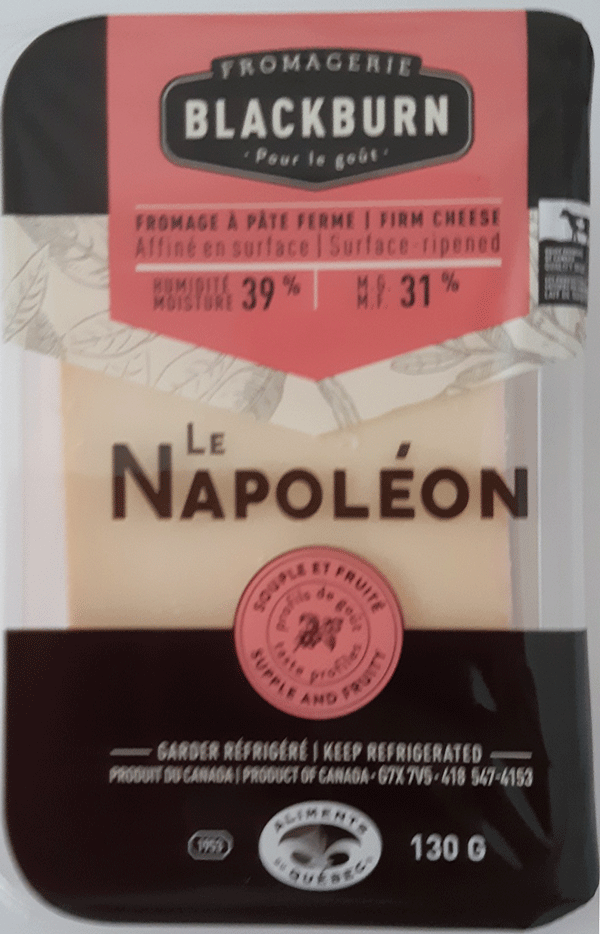The FDA encourages all shell egg producers to continue to comply with applicable requirements of 21 CFR part 118 (the Egg Safety Rule). However, due to the increased consumer demand for eggs sold directly to consumers in retail establishments, the FDA is providing temporary flexibility to allow producers who currently only sell eggs to facilities for further processing to sell to the table egg to supermarkets. This flexibility will help egg producers to meet the increased demand for shell eggs by consumers at retail locations. The FDA rule for “Prevention of Salmonella Enteritidis in Shell Eggs During Production, Storage, and Transportation” requires producers of shell eggs that are sold directly to consumers to implement measures to prevent Salmonella Enteritidis from contaminating eggs on the farm and from further growth during storage and transportation. This policy is intended to remain in effect only for the duration of the public health emergency related to COVID-19.@ https://www.fda.gov/regulatory-information/search-fda-guidance-documents/temporary-policy-regarding-enforcement-21-cfr-part-118-egg-safety-rule-during-covid-19-public-health
ruth
Temporary guidance to provide producers of shell eggs that normally would be sent to facilities for processing the flexibility to sell eggs to retailers.
ruth
Food Safety News reported that employees in a few meat and poultry processing plants reported having symptoms or testing positive for the COVID-19 virus. Among these was a Perdue Farms poultry plant in Perry, GA, a Sanderson Farms poultry facility in McComb, MS, and the Smithfield Foods Inc.’s John Morrell pork plant in Sioux Falls, SD. Also, JBS USA cut back production at its Souderton, PA beef plant, because several managers were experiencing the flu-like symptoms. Consumer Reports (CR) send a letter to Mindy Brashears, USDA’s Under Secretary for Food Safety, requesting that FSIS report the number of FSIS inspection personnel testing positive and/or becoming ill with COVID-19 as they occur. CR also requested a review of SSOPs, HACCP plans, and compliance with them. @ https://www.foodsafetynews.com/2020/04/consumer-reports-suggests-usda-take-action-to-address-covid-19-risks/
Consumer Reports Tuesday sent out some suggestions for USDA’s Food Safety and Inspection Service to ensure the safety and availability of meat, poultry
ruth
In a statement on its website, the Canadian Food Inspection Agency (CFIA) announced that Fromagerie Blackburn recalled Fromagerie Blackburn brand Le Napoléon – Firm Cheese from the marketplace due to possible Listeria monocytogenes contamination. The products were sold in Quebec stores through March 26. The recalled cheeses were sold in 130-gram and variable-weight formats with a best-before date of 10JL20 — July 10, 2020. There have been no reported illnesses due to the consumption of the product. @ https://www.inspection.gc.ca/food-recall-warnings-and-allergy-alerts/2020-03-26/eng/1585278929785/1585278935840
Fromagerie Blackburn is recalling Fromagerie Blackburn brand Le Napoléon – Firm Cheese from the marketplace due to possible Listeria monocytogenes contamination.
ruth
The FDA Advises Restaurants in California to Stop Selling Koi Koi Trading doing business as (DBS) Min Jiang Food Store raw, ready-to-eat (RTE) salmon products due to Possible Listeria monocytogenes contamination. These recalled raw, RTE salmon products may be incorporated into sushi products for consumption. The Salmon fillets are first wrapped in green parchment paper and then in clear plastic wrap. Salmon heads and bones (per customer request) are placed in clear plastic bags. Bagged/wrapped salmon is then placed into a Styrofoam box labeled “J Foods.” These products are typically sold fresh and do not have a long shelf life, though they can be frozen to extend the shelf life. The FDA conducted environmental sampling and a routine facility inspection of Koi Koi Trading in March 2020. The FDA analyzed 98 environmental swabs, 49 of which tested positive for Listeria species. Three of these swabs were positive for L. monocytogenes. Of these three positives, one was from a food contact surface that was used for descaling and filleting RTE salmon. The two other positives were from areas near exposed RTE salmon. The FDA informed the company of the agency’s concerns, and the company has verbally indicated that it had ceased processing and been undertaking some corrective actions. @ https://www.fda.gov/food/alerts-advisories-safety-information/fda-advises-restaurants-california-stop-selling-min-jiang-food-store-inc-koi-koi-trading-salmon?utm_campaign=Alert_Min%20Jiang_03272020&utm_medium=email&utm_source=Eloqua
FDA Advises Restaurants in California to Stop Selling Koi Koi Trading Doing Business as Min Jiang Food Store dba Salmon Products




